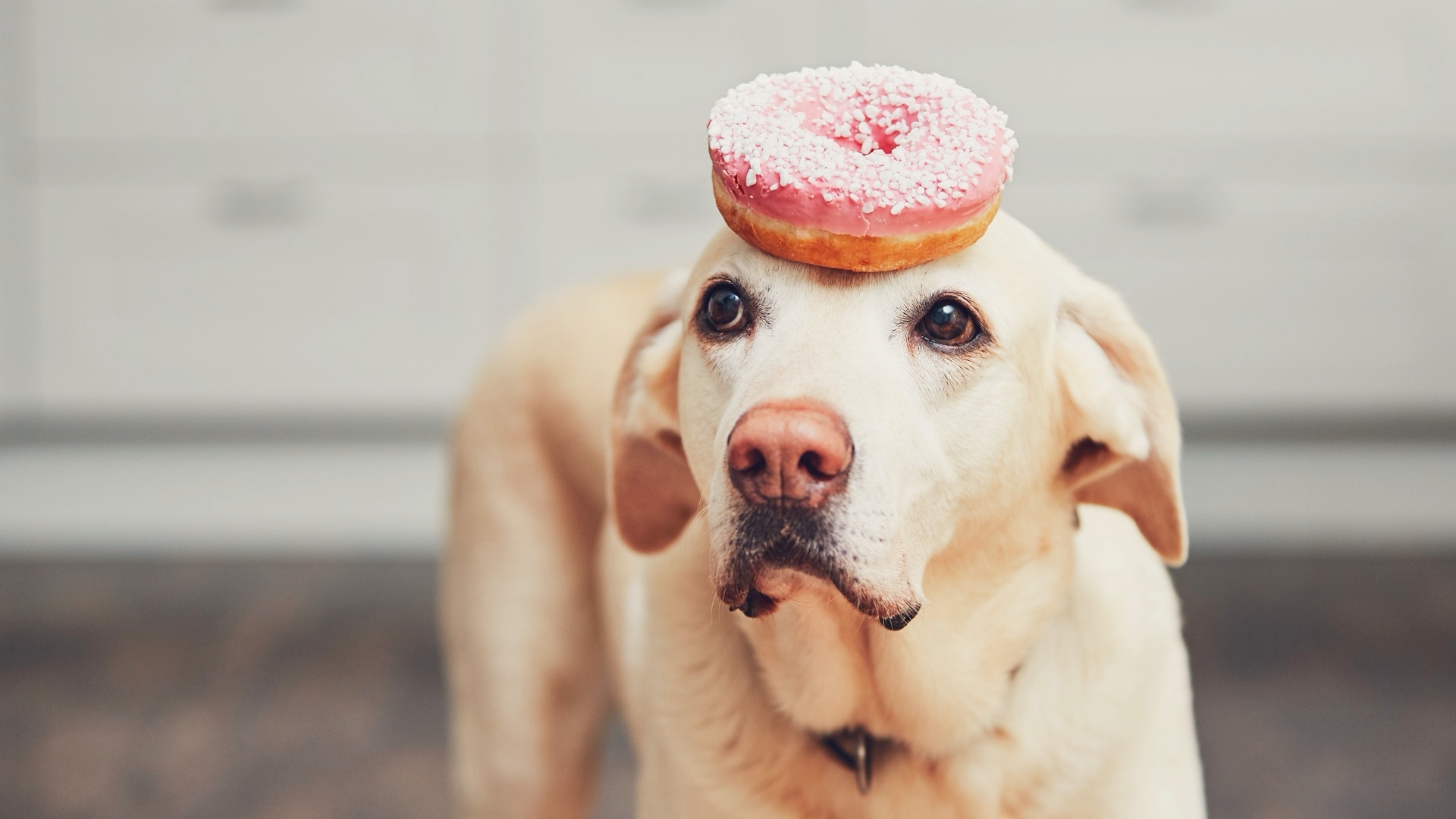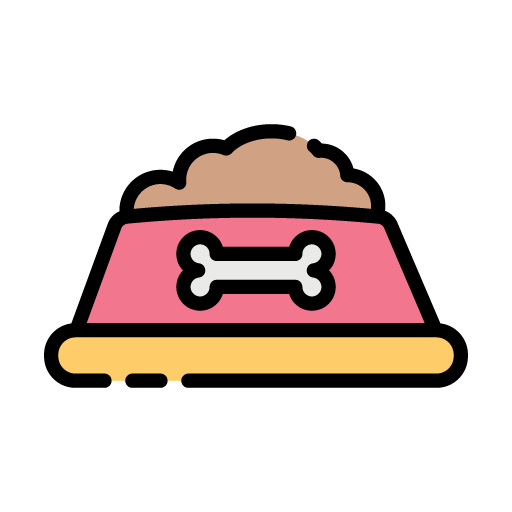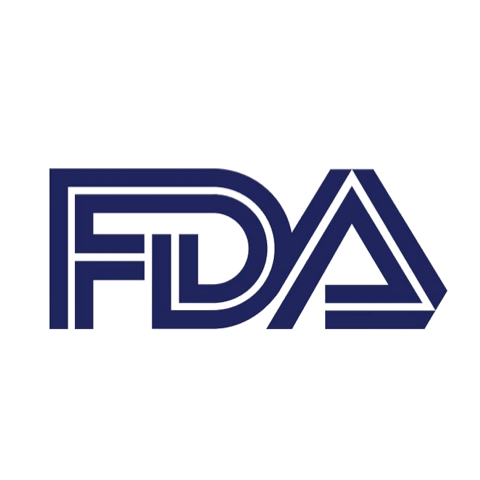Good Dog, Bad Food:
Foods for People That Are Bad for Your Dog
Summary:
Do you have questions about the drugs your veterinarian prescribes for your pet? Do you have questions about how and where to report a problem with an animal drug or pet food? If you're traveling with your pet—do you know where to get travel requirement information?
If you consider the family dog, well, family—and are apt to toss him a piece of your food now and then—proceed with caution. Some foods meant for human consumption can be dangerous, and even deadly, to your dog.
How are people and animals different when it comes to food?
According to Carmela Stamper, D.V.M., a veterinarian at the U.S. Food and Drug Administration (FDA), an animal's body processes food much differently. "Our bodies may break down foods or other chemicals that a dog's can't tolerate," she says.
And while sometimes people can have severe allergic reactions to foods, it's different for dogs. "Allergies in animals tend to manifest themselves more in skin or ear issues," she explains.
Moreover, a food might harm one dog and not another. It depends on a number of factors, including the animal's genetic makeup and size, as well as the amount that animal eats. "A big lab that eats a bar of dark chocolate may not have any problems," she says, whereas a Chihuahua could get dangerously ill.
What Foods Top the List?
"In summer, be particularly careful of foods eaten at picnics and barbecues," Stamper says. Among the foods you want to withhold from your dog are:
- Raw meat, which can contain E. coli, Salmonella, or other harmful bacteria. If you're making hamburger patties or setting out steaks and chicken breasts for the barbecue, for instance, make sure they're well out of reach of your counter-surfing canines; you're not doing them any favors by tossing a chunk or two. "Food safety is important to you and your pet," Stamper cautions. Don't handle raw meat and then give your dog a treat unless you've washed your hands first. And remember it works the other way around, too. "People can get sick after handling contaminated dog food, not washing their hands, and then using their hands to eat a sandwich or a slice of pizza," Stamper says.
- Grapes, raisins, and currants can cause kidney failure in some dogs. Stamper says not all dogs are affected, but if you think you're handing your dog a healthy snack, you could be disastrously wrong. But what about other fruits? For instance, can dogs eat apples and bananas? Stamper says yes—just make sure that with apples, you don't feed your dog the core or seeds.
- Fried and fatty foods can not only give your dog a stomach ache, but can also cause a potentially life-threatening disease called pancreatitis. Even if your dog is eyeing the fried chicken with longing, resist the temptation to give him his own piece to chew on.
- Moldy foods are not something you would feed your family, and your dog shouldn't eat them either. If you put moldy cheese rinds or hamburger buns in the trash can, make sure your dog doesn't then get into the garbage. By the same token, if you have a compost heap and it's the first place your dog makes a beeline for, be sure the moldy scraps are well out of reach.
- Onions, garlic, and chives (as well as onion and garlic powder) can be harmful to your dog, especially in large amounts. If you've put a lot of onions and garlic powder in your salsa, marinade, or beans, don't let your dog get into the leftovers.
- Salty snacks, in large quantities, could also cause problems in your dog. "Feeding the odd potato chip or pretzel probably won't do any harm," Stamper says. But if your dog gets into a whole bag of them, he could get really sick. Make sure your dog has access to plenty of water at all times, especially if he gets into salty snacks.
Two More Ingredients Your Dog Should Avoid
Macadamia nuts can be very harmful to dogs. If you're packing white chocolate chip macadamia nut cookies, make sure they stay in the picnic basket and out of reach of your dog.
Finally, many dog owners know chocolate is bad for their dogs, but they may not realize that xylitol, a sugar substitute used in many sugarless products, can be deadly for him. Xylitol is found in sugarless gum, candies, oral products, and some peanut butters and other nut butters. "If you feed your dog pills coated in peanut butter, or put peanut butter in their hollow chew toys, make sure to check the list of ingredients first to make sure it doesn't contain xylitol," Stamper says.
Food and Snack Bags
Snacks are available in your home, and so, sometimes, are the bags they come in. As your pets search the house for tempting treats, they may find find an empty potato chip bag on the floor that you or your child forgot to toss into the trash. Pets can smell the food inside the bags or just be curious about the bag itself and poke their heads inside. This can be dangerous.
Food bags, especially the mylar-type potato chip, cereal, and snack bags can be dangerous for your pets, and dogs, especially, may sniff them out. These bags are thin enough that if a dog puts his head far enough into one and breathes in, the bag can wrap around his nose and mouth, suffocating him. The more your dog breathes in, the tighter the bag will get around his face, like shrink wrap, and he can't easily pull the bag off with his paws. Make sure that snack bags are closed and put away in a cabinet or, if empty, tossed into a trash bin that your pets can't get into.
A Word about Cats
Why the focus on dogs? Stamper says that cats are far pickier eaters than dogs and do not often get into trouble by eating foods that will harm them. She adds, however, that cats are super-sensitive to onions, garlic, and onion and garlic powders, so make sure your cat has no opportunity to eat foods made with these ingredients.


